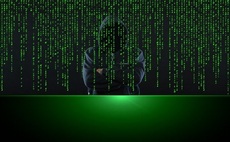North Korea probably not behind WannaCry ransomware, but almost certainly behind Bangladesh Bank and other financial institution cyber frauds
Lazarus Group used to spy on opponents worldwide of the North Korean regime, but now targets banks and financial institutions in a bid to steal millions of dollars. That is the claim of a new repor...
To continue reading this article...
Join Computing
- Unlimited access to real-time news, analysis and opinion from the technology industry
- Receive important and breaking news in our daily newsletter
- Be the first to hear about our events and awards programmes
- Join live member only interviews with IT leaders at the ‘IT Lounge’; your chance to ask your burning tech questions and have them answered
- Access to the Computing Delta hub providing market intelligence and research
- Receive our members-only newsletter with exclusive opinion pieces from senior IT Leaders



















